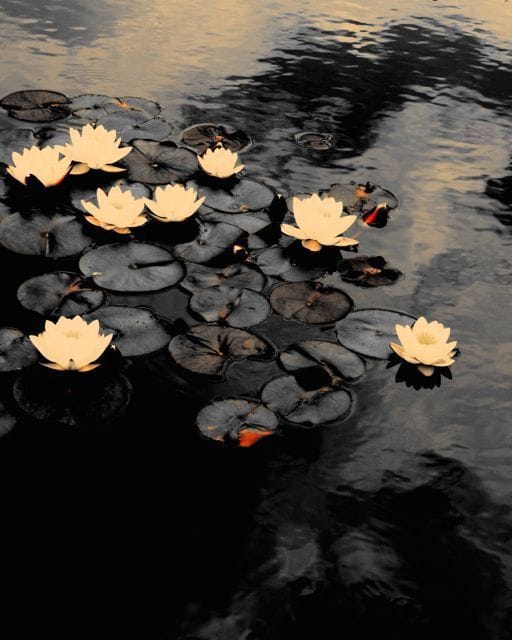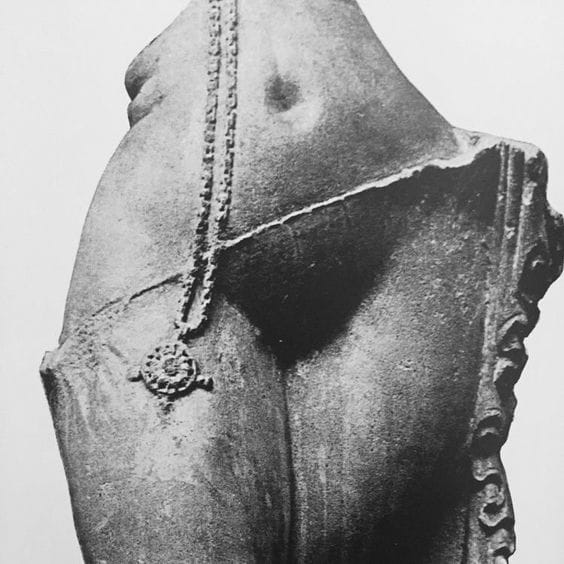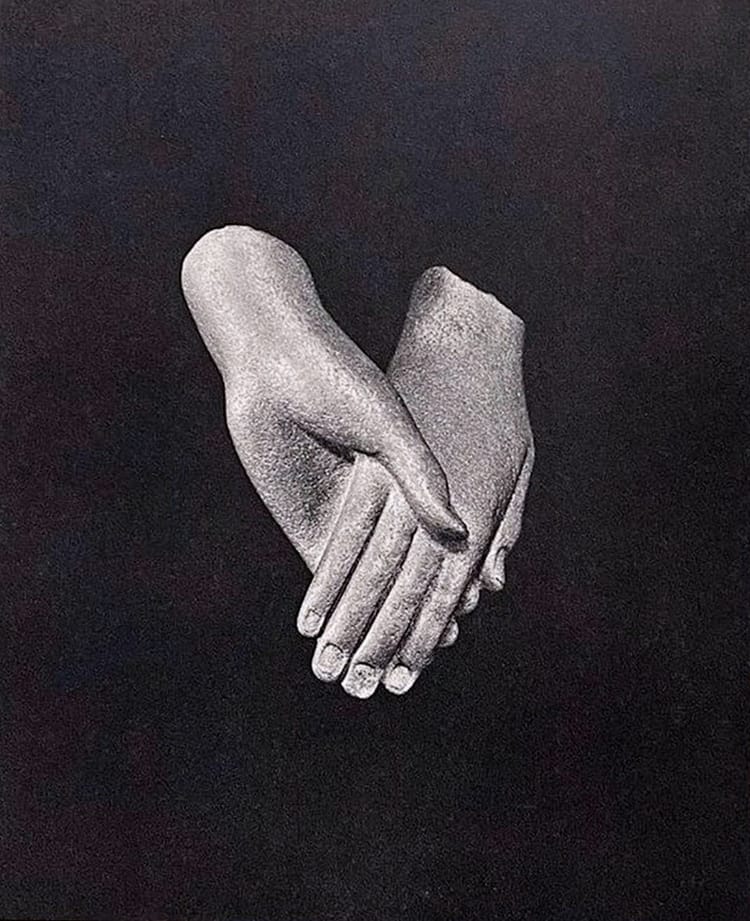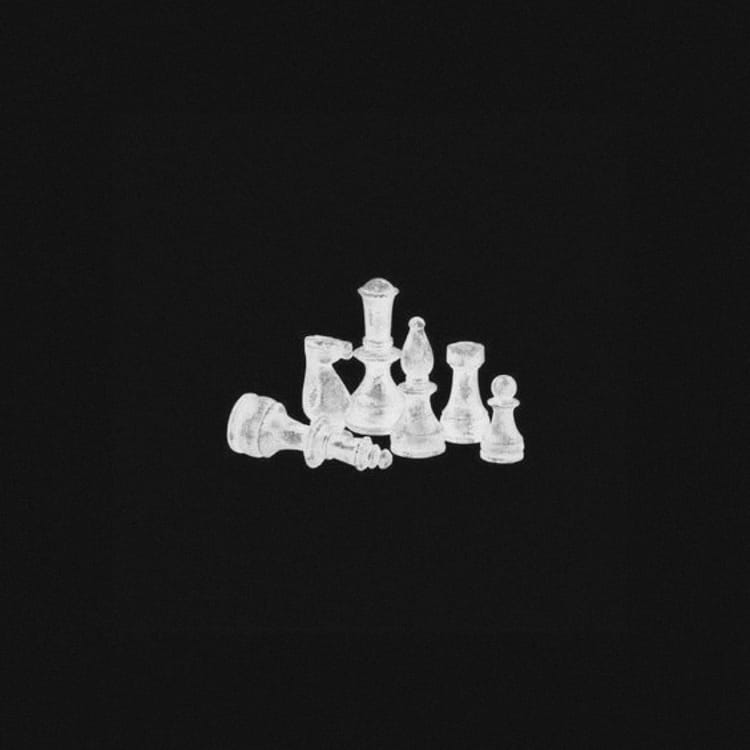Why Can't We Shake Religion?
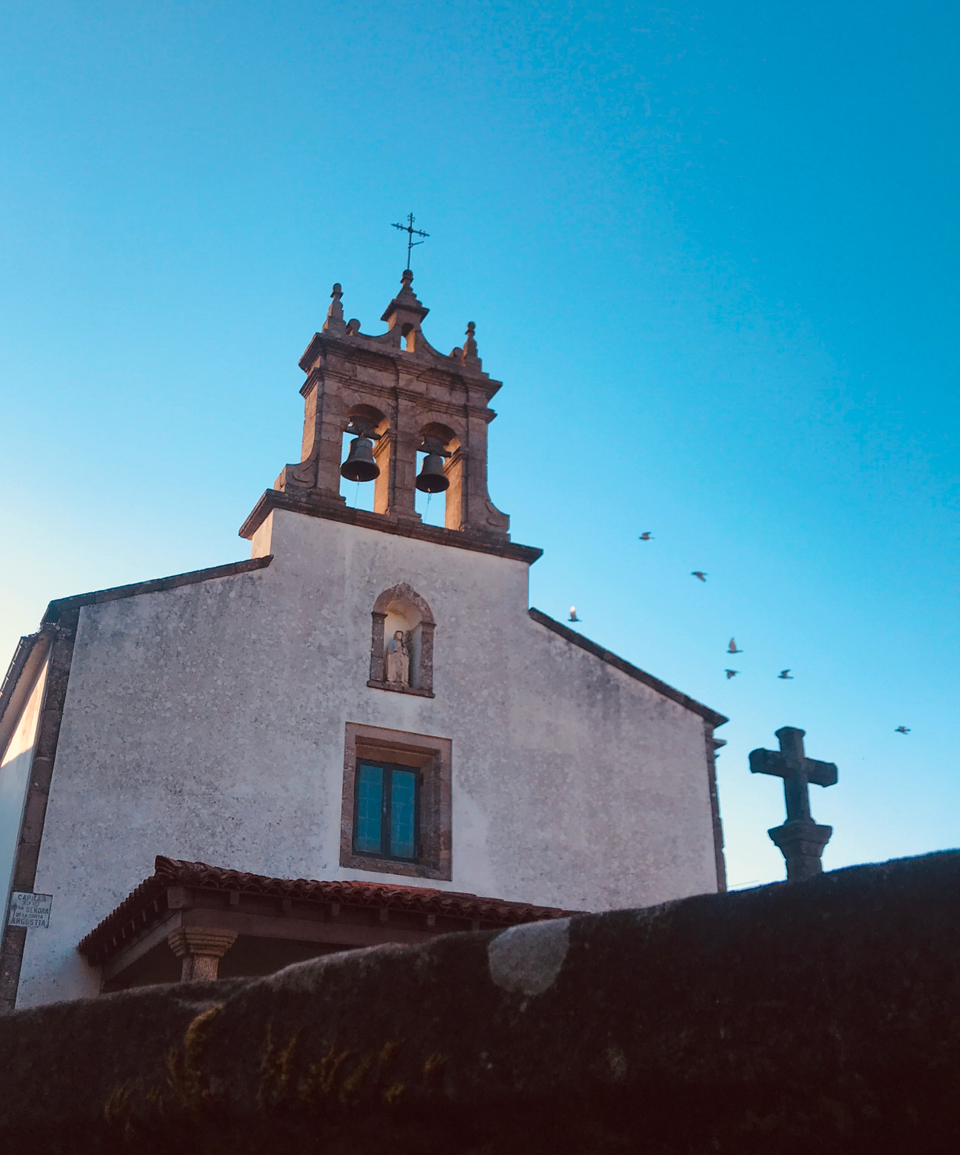
Despite Nietzsche's frequently misunderstood and cheesified prediction, God isn't dead.
In fact, He's very much alive in the collective psyche of the vast majority of the planet.
While the statement has proved accurate, considering the demise of Western Christianity in liberal democracies (I've lost count of the nightclub and hostel bathroom doors I've seen this scribbled across), anyone with an airport layover can deduce that religion remains a powerful and relevant force in the world.
Perhaps the most powerful.
But why haven't we managed to kick the habit?
With full awareness of the oversimplification of the complexity of a phenomenon that encompasses the drishti of the human experience, here we will briefly explore the basic tenants of our inability to relinquish religion.
There are an estimated 4200 active religions in existence, a number perpetually bound by approximations.
Consider the five religions you're most familiar with.
Now subtract that from 4200.
There are 4195 religions remaining. Each has its unique relationship with reality.
Consider what that actually means for a second.
Once you subtract Christianity, Islam, Hinduism, Buddhism, Judaism, and Sikhism, 4195 religions remain that maintain their version of the truth.
Armed with this knowledge alone, any reasonable person can admit that the sole possession of the "truth" by any one of these 4200 religions is absolutely, completely, and utterly absurd.
But this number only covers currently 'active' religions.
Therefore, the possessors of the "truth" are discounting not only the reality of the other 4199 religions on the planet but also the uncountable religions that have previously existed and will likely exist in the future, let alone the belief systems of the potentially infinite number of habitable galaxies in our known universe.
The notion that a "benevolent" deity, the supreme creator, would designate a specific locale of this universe, let alone a region of our planet (amidst the potential infinity of space [whatever-that-is]) replete with a specific group of beings to impart its secrets to is beyond repulsive.
In short, it's arrogance and ignorance on a scale that boggles the mind.
Yet the wheels keep turning, the holy wars continue, and our planet remains divided by fanatical factions hellbent on conversion.
So why are we obsessed with our versions of the truth?
Because our need for religion appears to intertwine with two basic human tendencies:
- We form dominant hierarchies with divisive social cliques (organized religion)
- We haven't the faintest clue where we came from or where we're going: we fear the mystery (faith).
Let's unpack both of these.
- We form dominance hierarchies with divisive social cliques.
Humans are hardwired to form dominance hierarchies. The herd mentality appears to be governed by natural laws that are self-evident in the behaviors of the vast majority of animal species. In this respect, we are no different. We create structures of dominance through social 'agreements' and navigate our reality through the lens of these paradigms. The obvious difference here is that human beings (on the conscious level at least) appear to be free to mold this web of connections and agreements according to our perception rather than instinct: sentience.
Here's where it gets interesting. Within these dominance hierarchies exist numerous sub-hierarchies or "cliques" each with its agreements and tenants of reality. It's these shared beliefs that hold each hierarchy in place, provide structure, and protect those within it. These hierarchies are constantly in flux, and there is a perpetual undulation of chaos and order, decay and regeneration: the manifestations of latent power. Politics.
What is organized religion if not politics?
Anyone who's stepped foot in the Vatican knows god left the building long before the gold started pouring in from the blood of the oppressed. It's the perfect representation of the Church as a corporation, as a government, and as a power system. When Rome fell, it filled the vacuum and successfully controlled the paradigm for 1000 years.
Religion can so easily be "organized" because it is, by nature, a hierarchy of belief systems based on fear. Its politicization pulls at the heartstrings of everything we hold dear. It manipulates our emotions, highlights our inadequacy, our dreams, and our fears, and it provides a solution. It's the perfect marketing campaign, except there's no tangible product and service based on perceived values and rewards. I'll agree that religion provides a community for many people, and this may be the only truly tangible merit of its organization; however, through the tendency to form dominant hierarchies, it's easy to see how religion has been used as a cunning rhetoric of divisiveness.
Like any social hierarchy, the perceived safety offered by conforming to the zeitgeist makes it very difficult to see clearly.
We see what we want to see, often what is most convenient.
We'd rather avoid pain than move towards pleasure. Therefore, we charge our beliefs with emotion, we pour our fear into sustaining our castles in the air, and we will tear apart anyone who attempts to dismantle our safety.
Our tenants are singular, unchanging, unquestionable: Fanaticism.
2. We haven't the faintest clue where we came from or where we're going: we fear the mystery (faith).
And now there's the more subtle aspect to religion and the more mysterious yet equally as fundamental to our apparent human composition: faith.
The reality is, after all our striving, we remain clueless as to where we came from, what we are, and where we're going after we shed this mortal coil.
Science has shown us realities that women were burned at the stake just a few hundred years ago. Quantum physics describes a world teeming with pure potentiality, where consciousness augments its reality, yet we still know nothing about what's going on here. We like to wrap it up in a nice Big Bang, but any halfwit can see that trying to use mind to create a distinctive 'point' of origin is childishly absurd. Here, the Tao Te Ching offers us a more intelligent yet uncomfortably, inexorably intangible solution: It is hidden but always present. I don't know who gave birth to it; it is older than god.
We are trying to define the indefinable. And that hurts.
In fact, it may well be the reason for almost every human endeavor. The shear uncomfortably with our rather bizarre predicament here, or as Camus proposed, the Absurd.
So, what do we do in the face of the unknown and unknowable?
We cling to anything we can. We make stories and create mythologies, rules, and moral and social codes. We create civilization, and out of this vacuum, we create religion.
It's like navigating in the darkness through a stranger's house to piss at night. We use faith to ground us in a world where we are bookended by two ineffable mysteries: life and death.
Because it's better to have something to grasp, despite its lack of logic than navigating the mystery without a guide rope.
So, if we can't face our existence without religion, then the question remains: Why do we have to own the truth?
As far as I am concerned, the multitude of answers can be condensed to fear.
Where organized religion and faith both represent relative 'knowns', their dissolution represents a casting into the great howling void.
Having to face reality head-on, free from syntactical buffers, and that's something very few people are willing to accept. In a fearful state, it's better to feel a rewarding sense of social cohesion in your mental paradigm, to live for your 'truths', and to die for them than to surrender to the fact that when it comes down to it, we don't know much more than our ancestors did about the nature of life, consciousness, or reality.
To simplify this even further, it's only one of three options:
- None of us is right: All religions, past and present, represent a fumbling of the truth. Inaccurate approximations.
- One of us is right. One religion among the countless that have arrived and departed here has found the true nature of reality.
- We're all right: All religions are describing the same universal phenomenon, each from its unique perspective, like siblings looking at their mother's face from different angles.
To me at least, in a world aching with the miseries of imposed 'truths', a world fractured by an inability to pursue and submit to the mystery, option three seems like our best bet.
Perhaps all 4200 'truths' are fingers pointing at the same moon.


